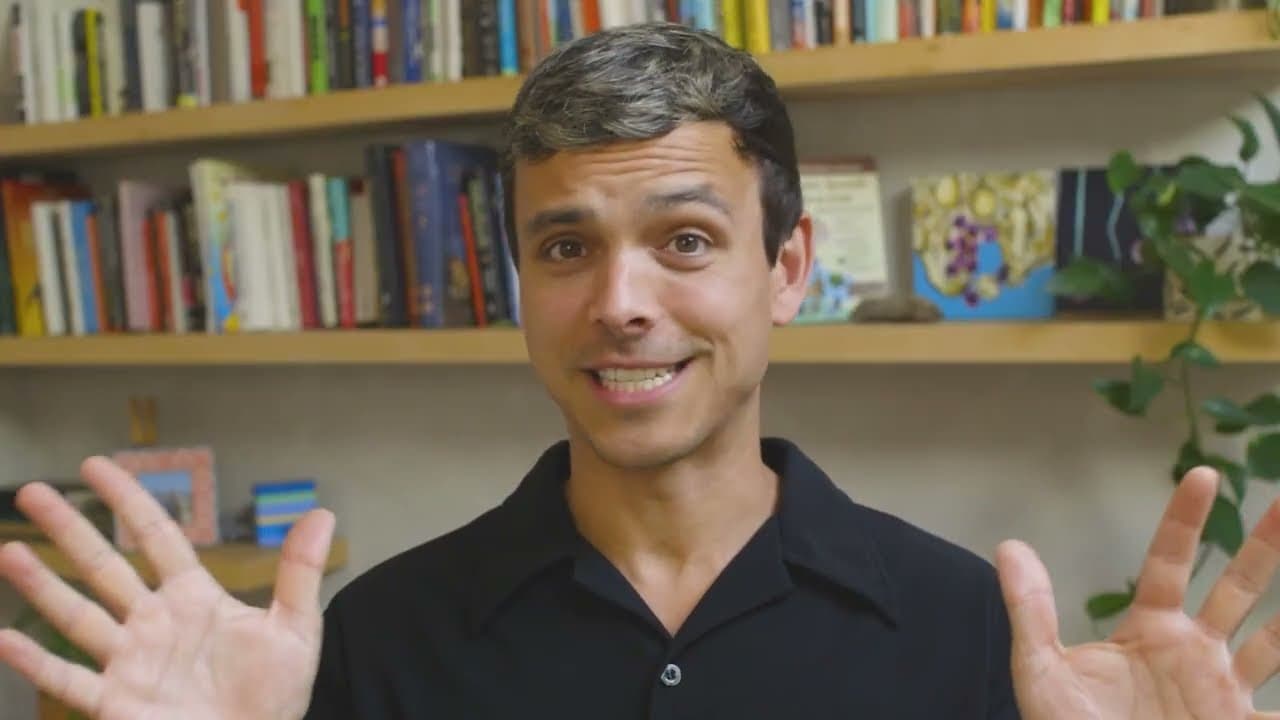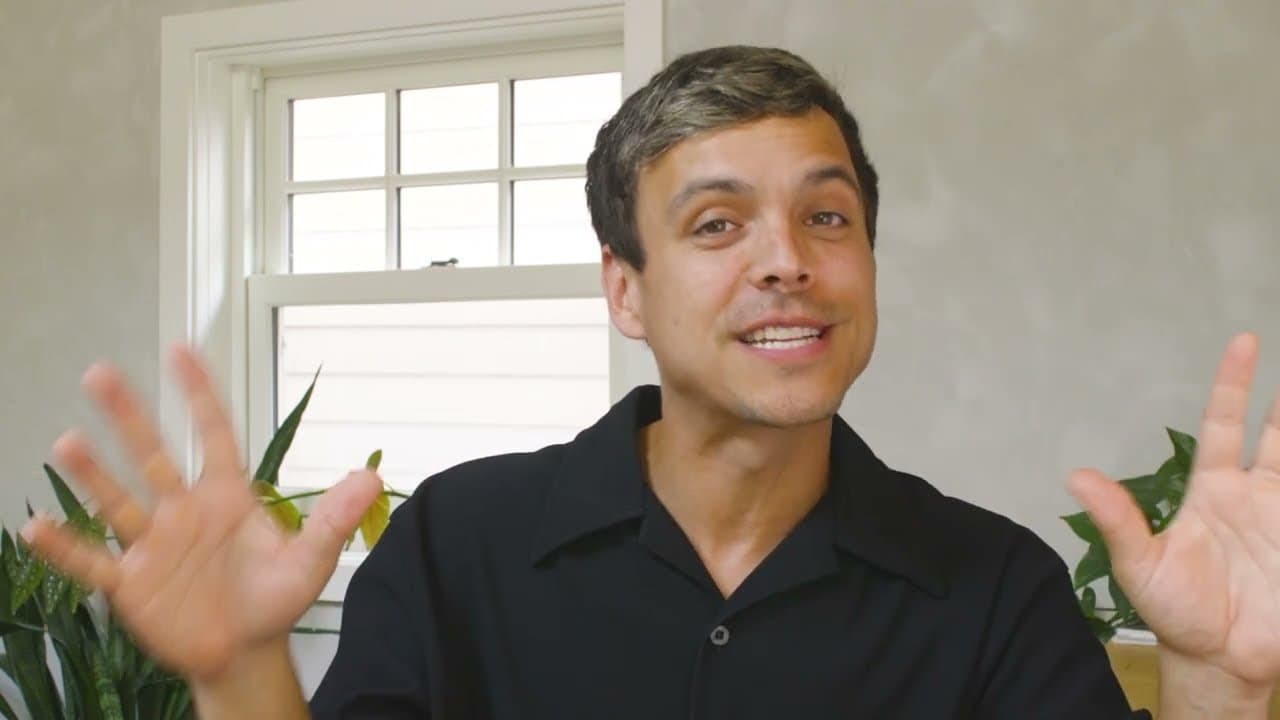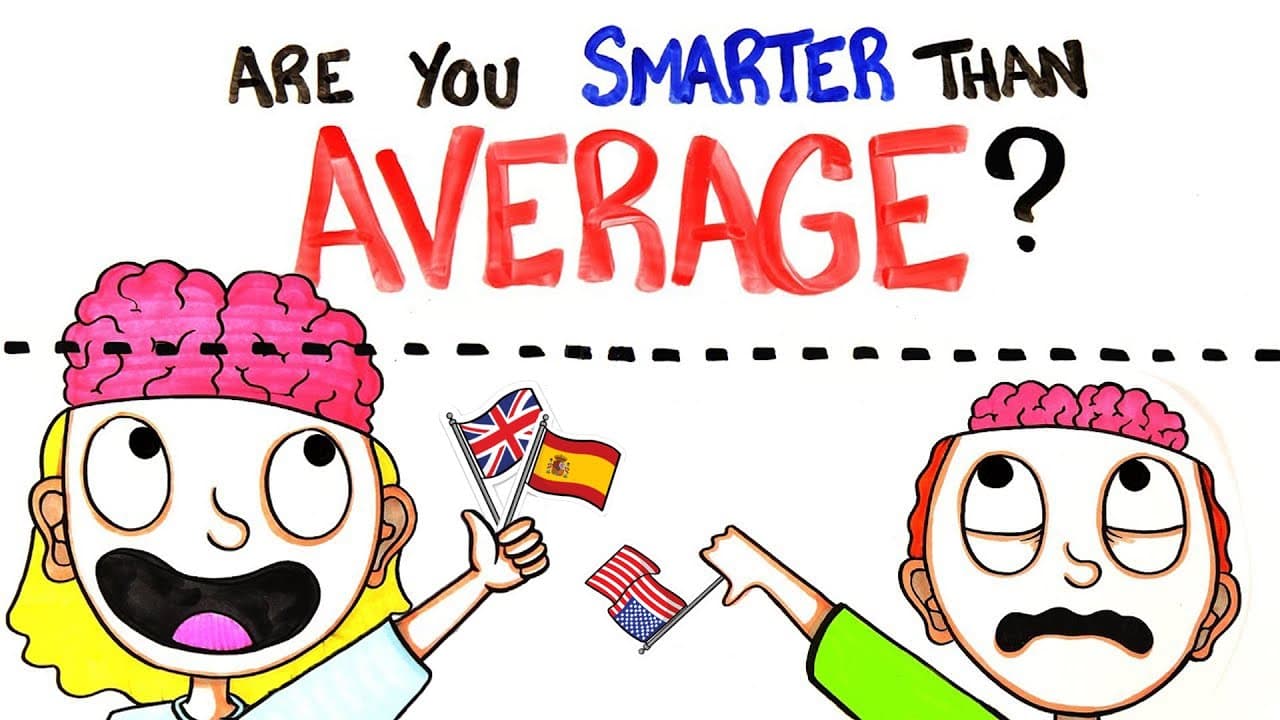Discovering the Power of Bilingualism
I was amazed to learn that over 4 billion people worldwide speak more than one language, and while I only speak one myself, I'm diving into Spanish with Duolingo, which has sparked my curiosity about the brain-boosting benefits that come with it.
This journey reveals how becoming bilingual can enhance mental abilities, slow brain aging, and even ward off diseases, making it a transformative superpower anyone can pursue.
TL;DR
I started learning Spanish and discovered bilingualism speeds up brain switching, like seeing a rabbit or duck in ambiguous figures.
Studies show it boosts memory in children and adults, with late learners gaining even greater advantages against aging effects.
Bilinguals react faster in problem-solving tasks and tune out distractions, hinting at improved focus and cognitive efficiency.
It fosters creativity across ages and may delay Alzheimer's by years, building a stronger cognitive reserve for lifelong brain health.
Ultimately, this path not only connects cultures but challenges the brain in ways that promote resilience and novel thinking.

When I first heard that over half the world's population is bilingual or multilingual, it hit me how impressive that is, especially since I'm just starting out with Spanish on Duolingo.
I'm working hard to learn, and it's not just about communication; it's a brain-changing superpower that can enhance mental abilities and slow aging.
For instance, think of an image like the classic rabbit-duck illusion, where your brain toggles between two interpretations; bilingual children switch between such figures faster because they're used to shifting languages.

From my own experience, learning a second language has already improved my memory; studies confirm that bilinguals, even into their 80s, outperform monolinguals in tasks like recalling pictures or numbers.
One study on elderly participants aged 60 to 80 showed that those who picked up a language later in life had a significant edge, proving it's never too late to start and that it can minimize memory loss from aging.
Beyond memory, it sharpens problem-solving; for example, when comparing directions of arrows in rows, bilinguals decide quicker, as their brains handle conflicts more efficiently.
This efficiency extends to everyday focus; bilinguals are better at ignoring background noise, thanks to enhanced attention and impulse control in areas like the anterior cingulate cortex.
Duolingo has made this journey fun for me, turning lessons into a game with leaderboards and challenges that keep me motivated—I've hit a 115-day streak learning to describe activities.
It's backed by research, preparing users for real conversations through reading, writing, listening, and speaking, and after just weeks, most learners can start chatting.

The creativity boost is another surprise; in tests with 150 people, bilinguals excelled at nonverbal problem-solving, viewing the world from diverse perspectives that spark innovative ideas.
This advantage holds across ages, enhancing divergent and convergent thinking, and even aids in math by promoting flexible problem-solving.
For kids, learning multiple languages might delay some milestones but ultimately strengthens their first language grammar and boosts skills in math, spelling, and reading comprehension.
The most profound benefit is how bilingualism may delay Alzheimer's onset by four to five years, regardless of other factors, by building cognitive reserves that protect against brain atrophy and aid recovery from strokes.
In short, it's not just about connecting with cultures or career perks; it's a lifelong way to stimulate the brain and foster resilience.
As I continue with Duolingo, I'm excited about the lasting impact on my cognitive health, turning language learning into a personal adventure that could redefine how I think and interact with the world.
This experience highlights the broader potential for anyone to build mental strength through new challenges, paving the way for a sharper, more adaptable mind in the years ahead.
Key Takeaways
Bilingualism enhances memory and problem-solving, giving an edge in cognitive tasks across all ages.
It improves focus, creativity, and brain resilience, potentially delaying diseases like Alzheimer's.
Learning a second language at any stage builds cognitive reserves, benefiting overall brain health and recovery.

